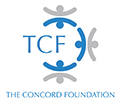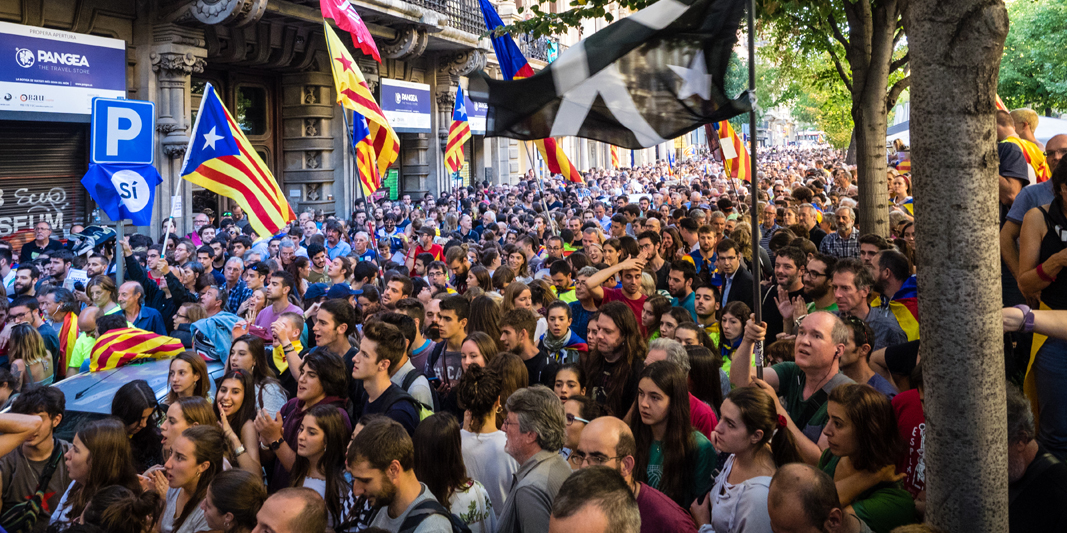Unleashed by globalisation’s dark side and the collapse of communities, radical Islam and the alt-Right share a common cause
… Whether alt-Right or radical Islam, the values of liberal and open democracy increasingly appear to be losing ground around the world to those of narrow, xenophobic ethno-nationalisms and radical ideologies. Our research team at Artis International and the Centre for the Resolution of Intractable Conflict at Oxford University has found that these forces are clobbering free societies today much like fascists and communists did back in the 1920s and ’30s. In Hungary, we find that youth strongly support the government’s call for restoring ‘national cohesion’, lost with the fall of Miklós Horthy’s fascist and pro-Nazi regime; the call to root out ‘cosmopolitan’ and ‘globalist’ values is strong. In Iraq, we find that nearly all of the young people we have interviewed who are coming out from under Islamic State rule in Mosul initially welcomed it for stability and security amid the chaos following the US invasion – until they were alienated by the ever-increasing brutality.
According to the World Values Survey, the majority of Europeans do not believe that living in a democratic country is ‘absolutely important’ for them. This includes most young Germans under age 30, and especially their elders in former communist East Germany who, in September, voted into Parliament the Right-wing populist party Alternative for Germany. Last April, Marine Le Pen’s hard-Right National Front and Jean-Luc Mélenchon’s hard-Left Unbowed France together captured nearly half of the French vote of people age 18-34 in first-round national elections. And in the US, political scientists Roberto Foa and Yascha Mounk find that nearly half of American citizens lack faith in democracy; more than one-third of young high-income earners actually favour army rule, presumably to halt rising social unrest linked to income inequality, job insecurity, and persistent failures in racial integration and cultural assimilation in an age of identity politics.
The new world disorder puts us all at risk in this global age, where non-state forces volcanically erupt through the nation-state system, spreading noxious, violent memes
In our own research in France and Spain, we find little willingness to make costly sacrifice for democracy, especially compared to the willingness to fight and die for jihad in Europe, North Africa and the Middle East. Our wide-ranging interviews and psychological experiments have uncovered not a ‘clash of civilizations’, as Poland’s interior minister declared in reaction to events in Barcelona, but civilisation’s unraveling, as young people unmoored from traditions flail about in search of a social identity that gives personal significance and glory. Individuals radicalise to find firm identity in a flattened world. In this new reality, vertical lines of communication between generations are replaced by horizontal peer-to-peer attachments that can span the globe, albeit in vanishingly narrow channels of ideas and information. Our research has shown that, despite its vitriol against ‘globalists’, today’s alt-Right movement involves the same narrow-minded global weave of tweets, blogs and chatrooms linking physical groups across the world as the jihadi movement.
The new world disorder puts us all at greater risk in this global age, where non-state forces volcanically erupt through the nation-state system, spreading noxious, violent memes. The Western creations of the nation-state and the relatively open markets that today dominate the global political and economic order (and to which non-Western powers like China and Russia also subscribe) have largely supplanted age-old forms of governance, social formations and economic activity that involved whole communities of people that once intimately knew one another. Instead, rising populations and urbanisation, extensive and rapid communications and transportation, and science and technology have transformed people in the farthest reaches of the planet into competitive players seeking progress and personal fulfilment through material accumulation and its symbols. But market-driven competition often comes at steep personal and social cost. When communities lack enough time to adapt to all the innovation and change, its members may fall short of their aspirations; anxiety and alienation bubble up, and violence can erupt along prevailing political and religious fault lines.
It was religious philosopher Søren Kierkegaard who first discussed ‘the dizziness of freedom’ and the social disruption that it creates. Seizing on the idea in Escape from Freedom (1941), humanist philosopher Erich Fromm argued that too much freedom caused many to seek elimination of uncertainty in authoritarian systems….


